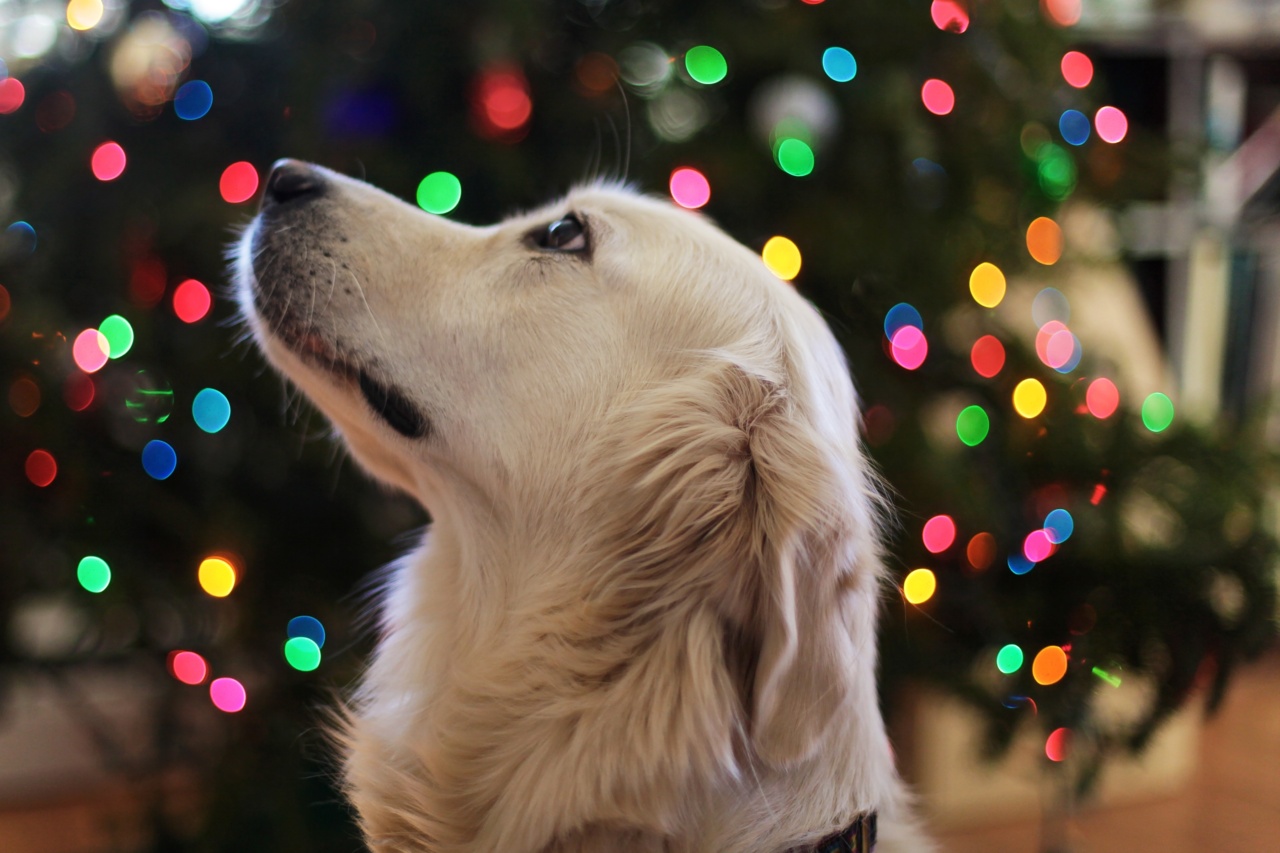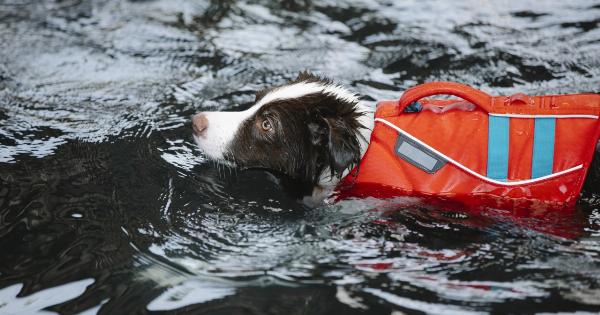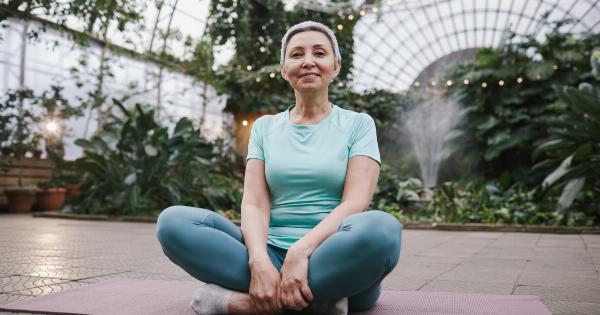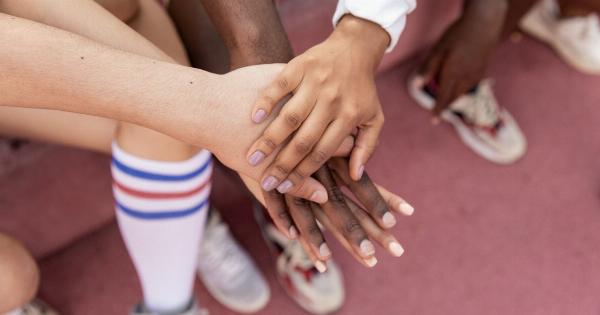The holiday season is an exciting time for everyone, but it can be especially chaotic for dogs.
With all the changes in routine, people coming and going, and unusual sights and sounds, it’s no wonder that many dogs struggle to adjust back to normalcy once the festivities are over.
If your dog is struggling to settle back into a regular routine after the holidays, don’t worry – there are plenty of strategies you can use to help them feel more comfortable and secure.
1. Get back to your routine ASAP
One of the best things you can do to help your dog adjust to normalcy after the holidays is to get back to your routine as soon as possible.
This means returning to your regular feeding and walking schedule, and sticking to your usual bedtime and wake-up times.
If you’ve had guests staying with you over the holidays, or if you’ve been staying elsewhere yourself, make sure you establish your routine straight away once you get back home. This will help your dog feel more secure and settled.
2. Gradually reduce the excitement level in your home
Dogs are highly attuned to the energy level in their environment, and can quickly become overwhelmed if there’s too much excitement and activity going on around them.
If your house has been particularly noisy and chaotic over the holidays, try to gradually reduce the excitement level over the course of a few days.
This might mean turning down the music, asking guests to speak more quietly, or spending more time in quiet rooms where your dog can relax and unwind.
3. Provide plenty of mental stimulation
One of the reasons dogs can struggle to adjust back to normalcy after the holidays is that they miss the extra attention and stimulation they received while everyone was home and there was plenty of activity going on.
To combat this, try to provide your dog with plenty of mental stimulation throughout the day. This might include giving them puzzle toys to play with, hiding treats around the house for them to find, or setting up a treasure hunt for them to enjoy.
4. Stick to your training routine
If you’ve been relaxing your training routine over the holidays, now is the time to get back on track. Dogs crave structure and routine, and feel more secure when they know what’s expected of them.
If your dog has been allowed to jump up on guests, for example, now is the time to get back to training them not to.
Similarly, if you’ve been letting them sleep on the bed or couch, it might be time to start enforcing their regular sleeping spot again.
5. Give your dog plenty of love and attention
Finally, don’t forget to lavish your dog with plenty of love and attention during this adjustment period.
While it’s important to create structure and routine, it’s also important to show your dog that they’re still a valuable and beloved member of your family.
Take time to play with your dog every day, give them plenty of snuggles and cuddles, and make an effort to engage with them in activities they enjoy.
This will help them feel more secure and happy, and will make the adjustment period much easier for everyone.
In summary
Adjusting your dog to normalcy after the holiday chaos doesn’t have to be difficult.
By establishing a routine, gradually reducing the excitement level in your home, providing plenty of mental stimulation, sticking to your training routine, and giving your dog plenty of love and attention, you can help them settle back into a regular routine quickly and easily.































